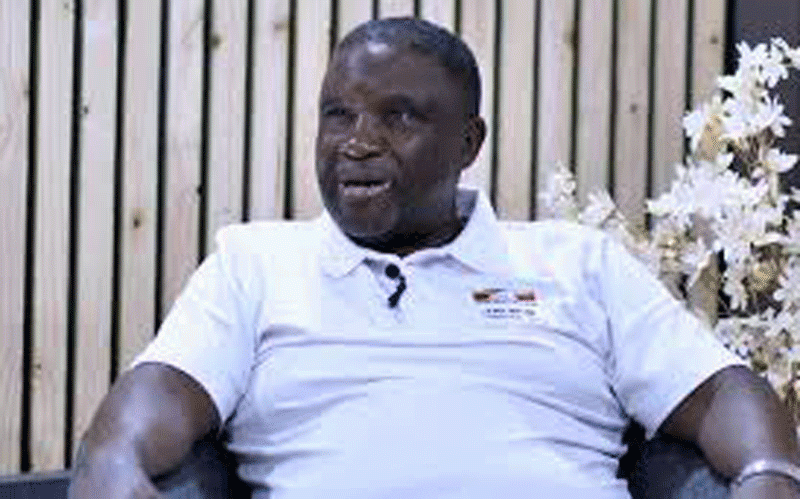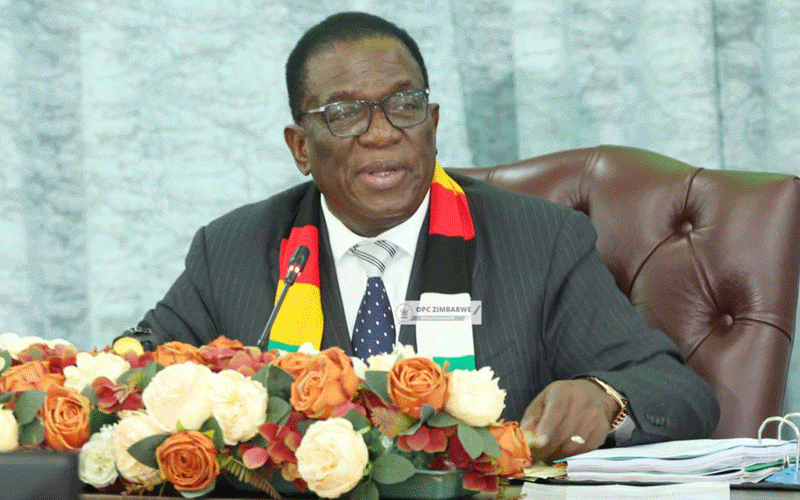China deploying thousands of fake social media profiles to influence 2024 US Presidential Elections’ outcome
As the 2024 US presidential election approaches, concerns about foreign interference in the democratic process have resurfaced.
One of the most significant and worrying threats comes from China, which is reportedly deploying thousands of fake social media profiles to influence public opinion and sway the election’s outcome, according to a latest report by The Epoch Times.
This sophisticated disinformation campaign is part of China’s broader strategy to exert influence over global politics, and the US presidential election is a prime target, The Epoch Times reported.
According to intelligence reports and cybersecurity experts, China has been working to influence US elections for several years, but its efforts have intensified in the lead-up to the 2024 election.
The use of fake social media accounts, known as “bots” or “sockpuppets”, is central to this strategy.
Keep Reading
- The brains behind Matavire’s immortalisation
- Red Cross work remembered
- All set for inaugural job fair
- Community trailblazers: Dr Guramatunhu: A hard-driving achiever yearning for better Zim
These accounts are designed to impersonate real users and amplify specific narratives that align with China’s geopolitical interests.
The fake profiles often appear to be ordinary American citizens, but they are operated by Chinese government agencies or state-sponsored groups.
These accounts post politically charged content, share disinformation, and interact with genuine users, creating an illusion of widespread support for certain ideas or candidates.
By targeting key voter demographics and exploiting existing political divisions, China aims to manipulate the political discourse in the US.
China’s tactics are multifaceted and go beyond merely posting misleading content, according to the report.
A significant portion of these fake social media profiles engage in “astroturfing”, which refers to creating the appearance of grassroots support for specific causes or candidates.
These accounts flood platforms like Twitter, Facebook, and TikTok with content designed to sway public opinion on issues such as trade policies, human rights, and US-China relations.
The fake profiles frequently spread false or exaggerated claims about political candidates, in particular those who are perceived to be tough on China.
For instance, candidates advocating for stronger trade sanctions or criticizing China’s human rights abuses are often targeted by disinformation campaigns aiming to discredit their policies or personal integrity.
Additionally, Chinese operatives use these fake profiles to amplify polarizing narratives within the US, heightening social tensions and deepening political divides.
By pushing controversial topics such as immigration, gun control, or race relations, they aim to destabilize the political landscape and foster chaos that distracts from China’s own global ambitions.
As per the report, a notable shift in China’s disinformation efforts is its use of artificial intelligence (AI) to enhance the sophistication of fake social media profiles.
Advanced AI tools are being deployed to create fake accounts that appear more authentic, with human-like interactions, personalized content, and more believable backstories.
These AI-driven accounts are capable of mimicking human speech patterns and engaging in conversations that seem genuine, making it harder for users and platforms to detect them as fraudulent.
The automation of disinformation campaigns also allows China to operate at an unprecedented scale.
Thousands of profiles can be created, managed, and coordinated with minimal human intervention.
This enables China to bombard social media platforms with disinformation in real time, reacting quickly to news events or political developments.
China’s fake social media profiles are not randomly deployed but are part of a highly targeted campaign.
Swing states—those with closely contested elections that could determine the overall outcome—are particularly vulnerable.
China focuses on these battleground regions to maximize the impact of its disinformation efforts.
Moreover, key voter demographics, such as minority communities or working-class Americans, are being targeted by these fake profiles.
By spreading disinformation tailored to the concerns and anxieties of these groups, China hopes to manipulate their voting behaviour.
China’s interference in the 2024 US presidential election is part of a broader geopolitical strategy aimed at enhancing its influence on the global stage, according to the report.
The United States and China have been locked in a growing rivalry, with tensions escalating over trade, technology, human rights, and military dominance.
Beijing sees the US election as an opportunity to weaken its main global adversary and potentially install a leadership that is more favorable or less hostile to Chinese interests.
This strategy is not new. China has long sought to shape the international order in ways that benefit its rise as a global superpower.
By meddling in foreign elections, Beijing can further its agenda without resorting to military conflict.
Instead, it uses the tools of cyber warfare and information manipulation to achieve its objectives more subtly.
Both the US government and social media platforms have been scrambling to counter China’s disinformation campaign.
US intelligence agencies are actively monitoring China’s activities, and Congress has held hearings on the threat of foreign interference, as per the report.
Lawmakers have pushed for more stringent regulations and increased funding for cybersecurity measures to protect the integrity of the 2024 election.
Social media companies, including Meta, which owns Facebook, Instagram and WhatsApp, and X (formerly Twitter), have also ramped up their efforts to identify and remove fake accounts linked to foreign interference.
However, as disinformation tactics evolve, the platforms face a daunting task in staying ahead of increasingly sophisticated bots and AI-generated content.
Some critics argue that these platforms still have not done enough to combat disinformation, citing the scale and persistence of foreign influence campaigns.
Despite efforts to combat disinformation, several challenges remain.
One of the most significant is the sheer scale of the problem.
China’s ability to create thousands of fake social media profiles and deploy them across multiple platforms makes it difficult for even the most advanced detection systems to keep up.
Moreover, the borderless nature of the internet complicates the enforcement of any meaningful regulations.
While US authorities can take action domestically, China operates beyond the reach of American laws, making it hard to punish or deter the perpetrators of these disinformation campaigns.
Additionally, China’s use of proxies and state-backed actors adds layers of deniability, making it difficult to trace the source of the attacks directly back to the Chinese government.
Another obstacle is the polarized political climate in the US itself.
Foreign disinformation campaigns thrive in environments where political divisions are already deep, and any attempts to address these issues are often viewed through a partisan lens. This polarization complicates efforts to build a unified response to the threat of foreign interference.
As the 2024 US presidential election looms, China’s disinformation campaign represents a clear and present danger to the democratic process, and by deploying thousands of fake social media profiles, China aims to manipulate public opinion, exploit political divisions, and sway the outcome in its favour, according to reports.





